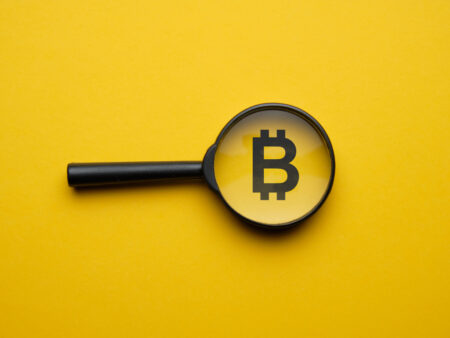The German government has made another substantial move in the cryptocurrency market, transferring a hefty sum of $17.6 million worth of Bitcoin to three of the leading cryptocurrency exchanges: Coinbase, Bitstamp, and Kraken. This recent activity raises the total sum transferred over the past month to a striking $193 million.
With the possession of 43,859 BTC, the German government’s haul is valued at an enormous $2.7 billion, given the current market rates. The latest series of transfers is part of a deliberate strategy by the German authorities, aiming to manage and possibly offload Bitcoin assets acquired predominantly from criminal proceedings, notably those sequestered from the Movie2k pirate movie platform.
In addition to the major exchange transactions, the German government has also moved 550 BTC, equivalent to $34.3 million, to an address named “139Po,” which market watchers suspect belongs to yet another exchange. This batch sits alongside the other transfers that have taken place recently, suggesting a pattern of systematic asset movement.
Market analysis suggests that these transactions, including dealings with market maker Flow Traders, could signify a government intention to sell off their Bitcoin holdings. Some experts posit that the liquidation could be executed through this market-making firm.
The practices of sovereign entities like the German government are reminiscent of actions taken by the US Marshals Service, which has also been auctioning off Bitcoin obtained from criminal seizures. Such sizable dispositions have the potential to inject volatility into the Bitcoin market in the short term. Conversely, the advent of institutional investors, including sovereign wealth funds, is seen as a harbinger of stability and potential price appreciation for Bitcoin in the longer view.
Amidst the influx of transactions, speculation abounds within the crypto community regarding the German government’s long-term strategy. Some analysts construe the moves as a keen play to optimize asset values while curtailing market disturbances. Others, however, perceive this as a broader strategic initiative to systematically liquidate seized assets without causing upheaval in the cryptocurrency markets.
As the situation unfolds, the German government’s involvement in the cryptocurrency domain continues to pique the interests of observers. While the exact modus operandi remains under wraps, the impacts of these transactions will likely be a topic of discussion and analysis among market participants for some time to come.










